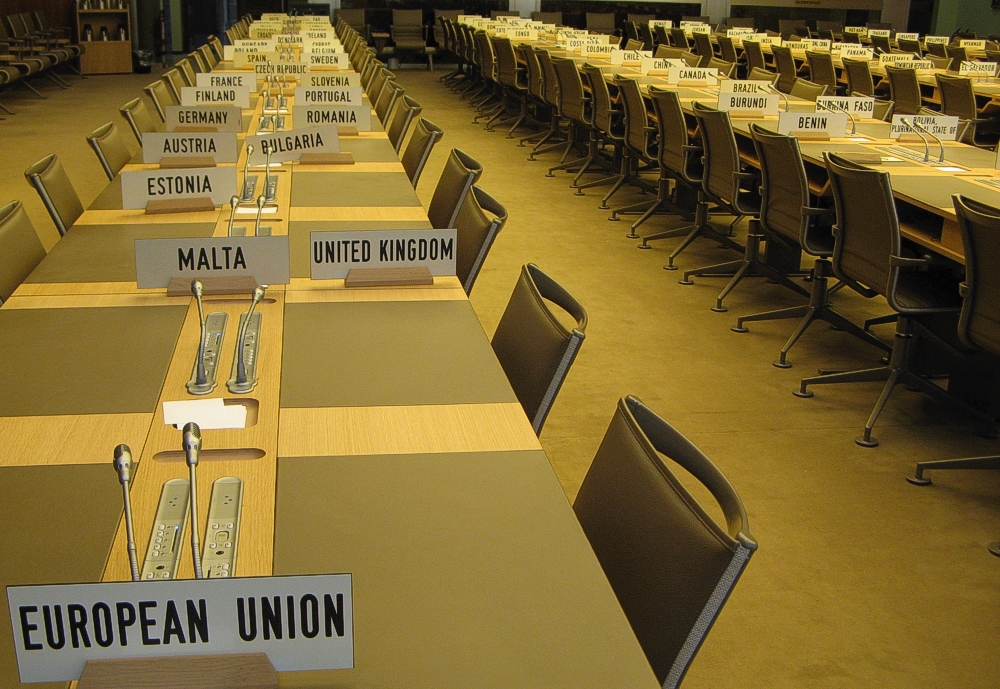By Peter Ungphakorn
POSTED JUNE 18, 2021 | UPDATED JUNE 2, 2023
“British farmers will be protected by a cap on tariff-free imports for 15 years, using tariff rate quotas and other safeguards,” declared the UK International Trade Department on June 15, 2021.
But will they, though? The text of the agreement-in-principle between Britain and Australia was published a few days later, also in several formats on the Australian government website.
It was not a final deal. That was eventually signed six months later, on December 16, 2021. It took effect on May 31, 2023.
Much of the June agreement-in-principle was in the future tense — agreement between the two “will include” this that and the other. Negotiations continued.
A note at the end of the text, which the Australian government called a “disclaimer”, said:
“DISCLAIMER: This document reflects what the UK and Australian FTA [free trade agreement] negotiating teams have jointly decided as of 16 June 2021 should be included in the FTA once it is finalised. It does not prejudge the outcome of the FTA negotiations or any further proposals for FTA commitments either the UK or Australia may make after this date. It is also not intended to create any treaty obligations.”
But the agreement-in-principle did show some of what is intended for agricultural products.
The reason it was announced on June 15 is because British Prime Minister Boris Johnson and his Australian counterpart Scott Morrison wanted a fanfare for their post-G7 meeting, even if the negotiations were incomplete.
Two years later when the agreement came into force, Politico published this account of what happened at the Johnson-Morrison dinner before the announcement in 2021.
Continue reading “UK-Australia trade deal: when a cap on farm goods is not a cap”












